Molecular Physiology & Biophysics
-
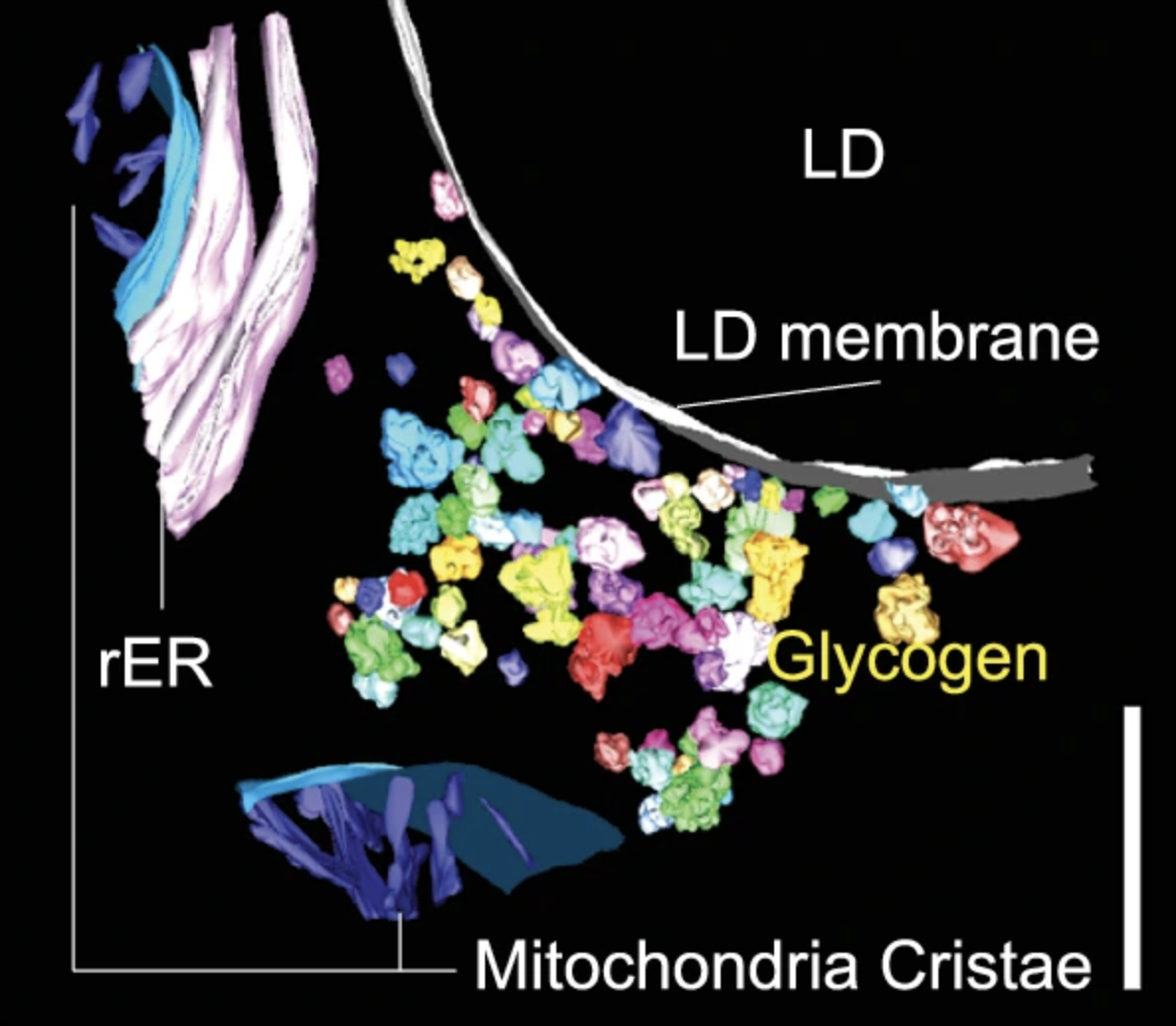
Pioneering new method reveals glucose channeling, charting the fine structure of energy metabolism inside active cells
In a scientific first, researchers from Vanderbilt University and the University of California, San Diego, have generated a high-resolution metabolic “map” of how cells orchestrate glucose processing, revealing a hidden world where organelles and molecular complexes collaborate when responding to a rush of nutrients. This new study, published in Nature Communications, has redefined how glucose metabolism is visualized at the single-cell level. Read MoreJul 21, 2025
-
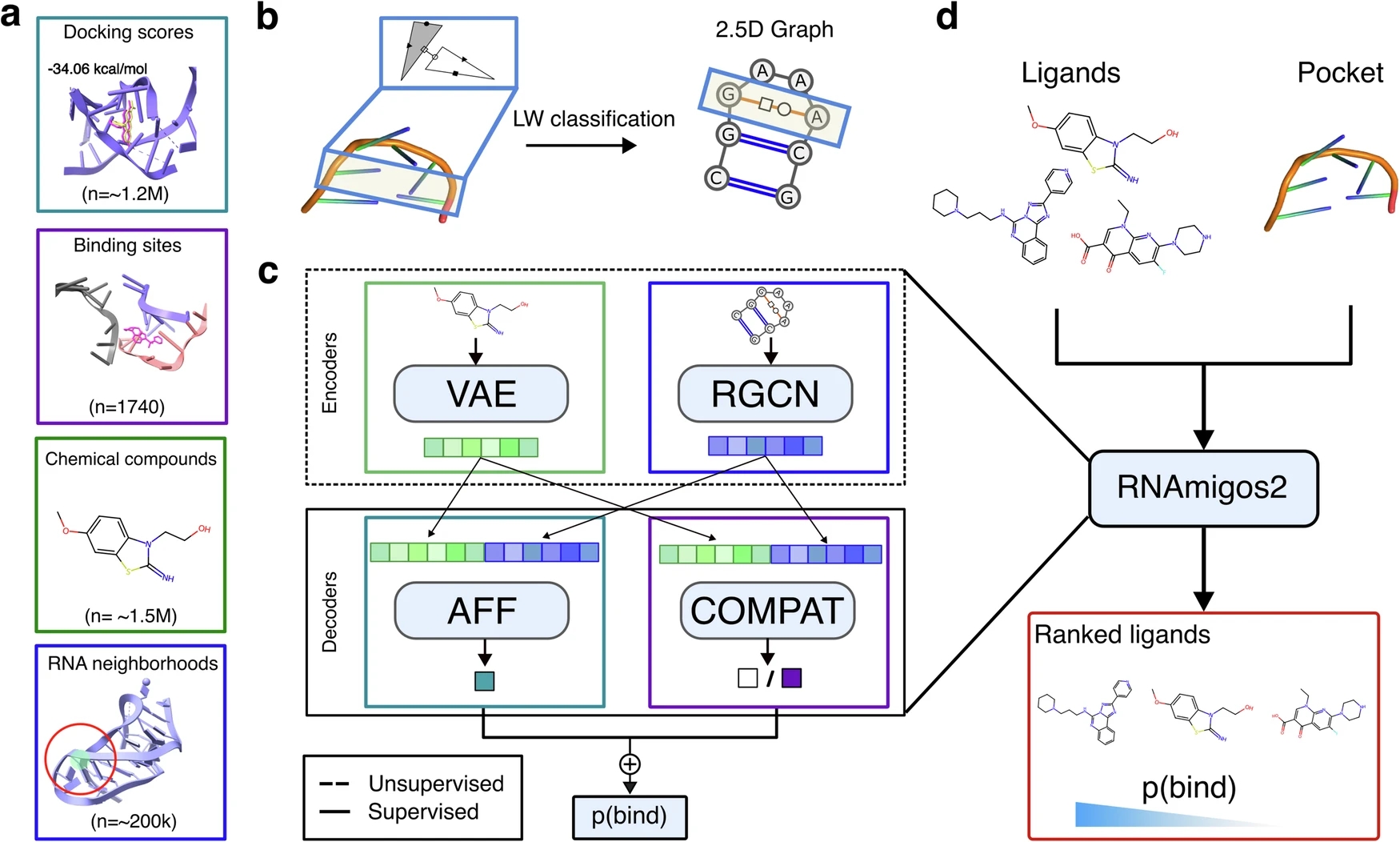
Vanderbilt scientists pioneer an AI-driven drug discovery tool targeting RNAs
Targeting ncRNAs with drugs presents a much larger therapeutic opportunity than targeting proteins, but the currently available drug discovery tools are slow and computationally intensive. Assistant Professor of Molecular Physiology and Biophysics and core member of the Center for Applied AI in Protein Dynamics Carlos Oliver is working with collaborators to unlock the untapped potential of ncRNAs, as they are a promising family of targets for the development of novel small-molecule therapeutics. Read MoreMay 9, 2025
-

Graduate School recognizes excellence among students, faculty at Honors Banquet
The third annual Honors Banquet commemorated excellence in academics, leadership and innovation among Graduate School students and faculty. On March 20, the banquet was held to honor and reflect on remarkable achievements in research and creative expression from the more than 50 graduate programs and departments represented in the Graduate School. Read MoreApr 14, 2025
-

Vanderbilt researchers find evidence that the hunger hormone leptin can direct neural development in a leptin receptor–independent manner
Researchers from the Vanderbilt University School of Medicine Basic Sciences have uncovered the first example of activity-dependent development of hypothalamic neural circuitry. Read MoreDec 5, 2024
-

Erin Calipari wins Society for Neuroscience 2024 Outstanding Career and Research award
Erin Calipari, director of the Vanderbilt Center for Addiction Research and associate professor of pharmacology and molecular physiology and biophysics, has been recognized with the Society for Neuroscience’s 2024 Jacob P. Waletzky award. Read MoreOct 3, 2024
-

Vanderbilt names spring 2024 Seeding Success Grant awards
Thirteen innovative projects across seven colleges and schools have been selected for the spring 2024 round of Seeding Success internal grants. The Office of the Vice Provost for Research and Innovation announced the recipient list on May 31. Read MoreJun 25, 2024
-
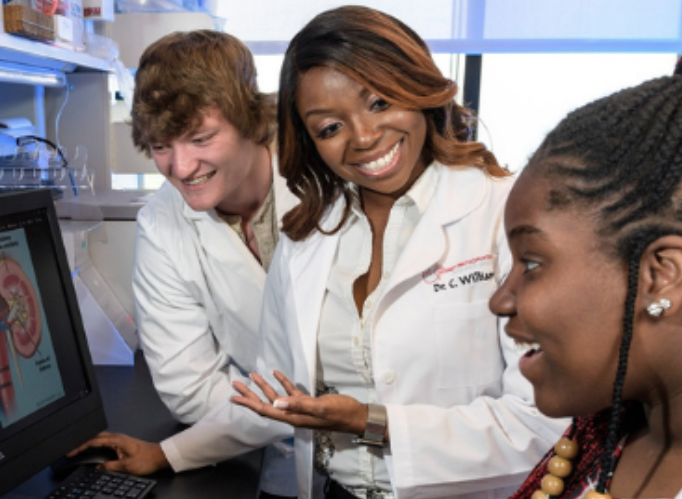
Hinton lab grows, American Physiological Society award adds Clintoria Williams as Visiting Scholar
Clintoria Williams, associate professor in the Department of Neuroscience, Cell Biology and Physiology at Wright State University, has received the John F. Perkins, Jr. Research Career Enhancement Award from the American Physiological Society. This will enable her to join Vanderbilt as a visiting scholar in the Department of Molecular Physiology and Biophysics for four months to collaborate more closely with Antentor Hinton Jr., assistant professor in the department. Read MoreMay 7, 2024
-
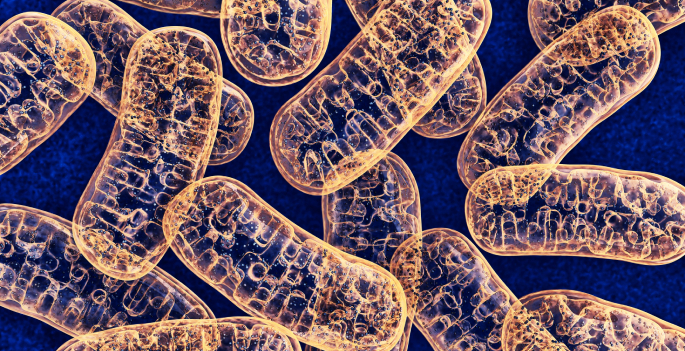
Hinton lab maps structure of mitochondria at different life stages
The lab of Antentor O. Hinton Jr., assistant professor of molecular physiology and biophysics, came together with collaborators from across Vanderbilt University, Vanderbilt University Medical Center, the U.S., and Brazil to determine the differences in the 3D morphology of mitochondria and their cristae in brown adipose tissue. Read MoreApr 5, 2024
-

Targeting glucagon action in diabetes
Disrupting the action of glucagon — a pancreatic hormone that works to raise blood glucose — restores functional insulin-producing cells in mouse models of type 1 diabetes and may be a promising treatment strategy. Read MoreMar 4, 2021
-
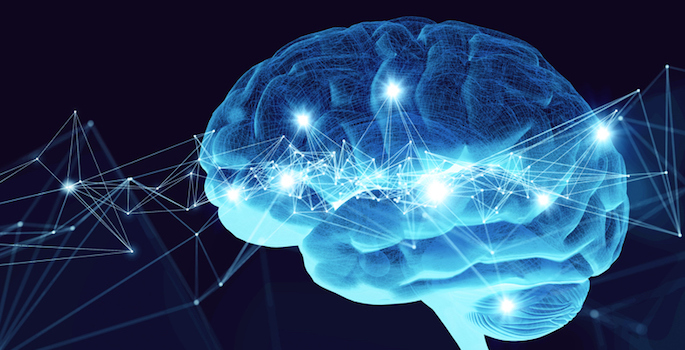
Histamine circuits in brain reward center
Histamine — commonly associated with allergies — also has a signaling role in the brain’s reward center and may offer a novel target for treating addiction. Read MoreOct 29, 2020
-
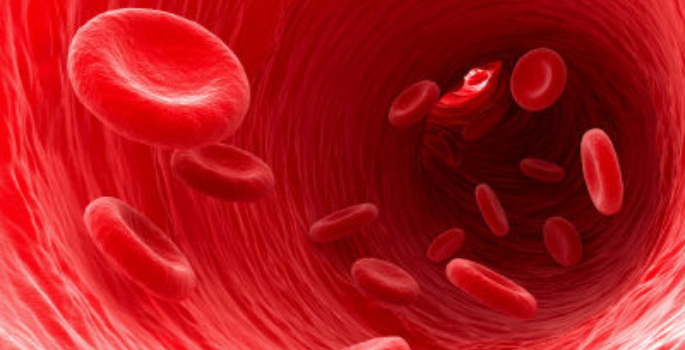
Brain blood vessel response to hypoxia
The brain’s response to low oxygen — growth and remodeling of blood vessels — involves certain cell types and molecular pathways, Vanderbilt researchers have discovered. Read MoreOct 15, 2020
-

Salt, immune cells and hypertension
Excess dietary salt activates immune cells to induce inflammation and hypertension, supporting current recommendations for low sodium consumption. Read MoreAug 20, 2020
-
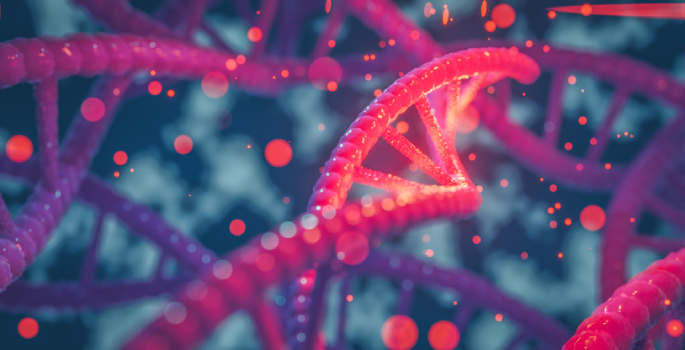
Single mutation causes seizure disorder
A single mutation in one gene can impair inhibitory signaling in the brain and cause multiple types of seizures and behavioral abnormalities. Read MoreJun 22, 2020
-

New research reveals environmental pollutant in drinking water is more dangerous than previously understood
Nancy Carrasco has found that the environmental pollutant perchlorate, found in drinking water in 49 states, is more dangerous than we knew. Read MoreMay 26, 2020
-
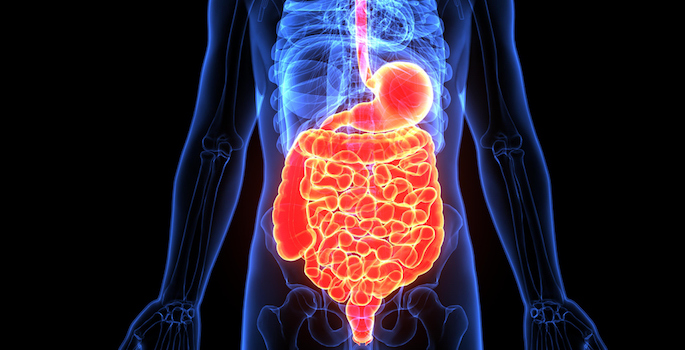
Transporter’s role in gut barrier
A disease-associated mutation in a transporter protein impairs gut barrier function, leading to gastrointestinal disease and chronic infections. Read MoreApr 21, 2020
-

Blocking stress-induced relapse
Danny Winder and colleagues are teasing apart the actions of neurotransmitter receptors in a brain region linked to anxiety and addiction, with a goal of finding treatments for substance use disorders. Read MoreApr 8, 2020
-

Protein interactions and brain function
Roger Colbran and colleagues have discovered new molecular details about the function of an enzyme with a key role in shaping learning and memory. Read MoreFeb 20, 2020
-

Transporter mutation alters cell energy
A disease-associated mutation in a transporter protein causes cells to increase energy production, as if they are starving, Vanderbilt researchers have discovered. Read MoreFeb 20, 2020
-

A key to calcium signaling
Erkan Karakas and colleagues used cryo-electron microscopy to determine structural details of a calcium channel protein that has numerous cell signaling roles. Read MoreFeb 11, 2020
-

Protein dynamics in the beating heart
To study the dynamics of structural proteins in the heart, Vanderbilt investigators generated a cellular tool they expect will be useful for screening drugs that affect heart muscle contraction. Read MoreDec 16, 2019